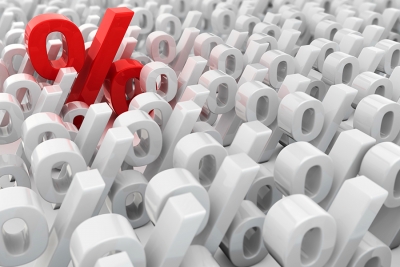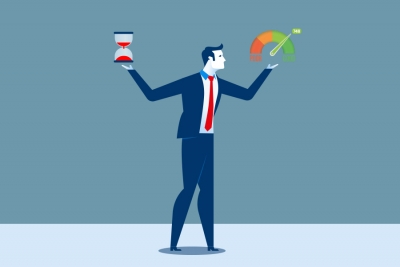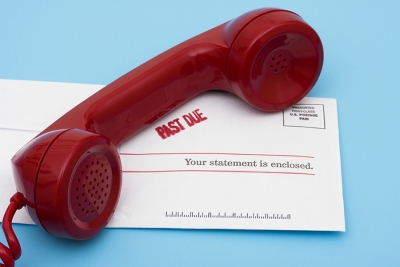Credit history, scores may improve with bureau changes. According to a study in May by the Consumer financial Protection Bureau about 45 million adults in the US don’t have any credit scores. It’s a huge issue since your credit scores are used by lenders to determine eligibility for credit and what interest rate you qualify for. Having no credit score is going to cause problems for mortgages, auto loans, and credit cards.
Relief is on the horizon though and the practice of building credit is going to become easier. The national credit bureaus are going to start recognizing more methods of payment to form the makeup of a consumers’ credit history
Can Renting Build Credit History
Historically building an impressive credit history and higher score was done by paying mortgage, student, and auto loans as well as credit cards on time. The tracking of other reoccurring payments such as rent, cable, utility and mobile phone payments wasn’t taken into account. Even if someone never missed a payment they would still end up with no credit to speak of.
Two of the major credit bureaus: TransUnion and Experian are now incorporating rental data in the credit profiles. So paying rent on time can now be an opportunity to increase your credit score.
These two bureaus are gathering information through RentTrac. So renters that use RentTrac to make payments are providing information to Equifax and TransUnion.
A study done by RentBureau found that after Experian started gathering this information 97% of the study group built a credit score based on their payment history.
This also benefitted people already with credit scores also by increasing them 29 points on average.
More Changes?
While bureaus don’t currently count payments on utility, cable, mobile phones, doctors and hospitals, there is a support growing for including some of these into credit history as well.
The reasons for this support is because currently paying your phone bills on time doesn’t do anything for your score. However if you fall behind and it goes to collections, that will have a negative impact on your credit score.
Credit history, scores may improve with bureau changes by csmonitor.com






Leave A Comment